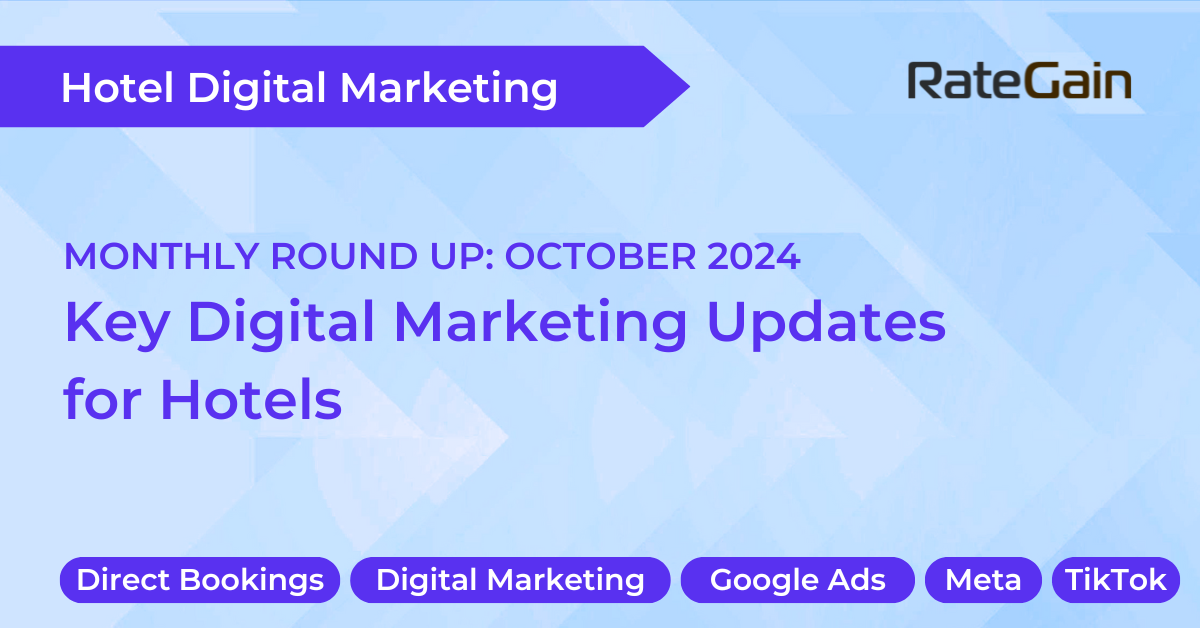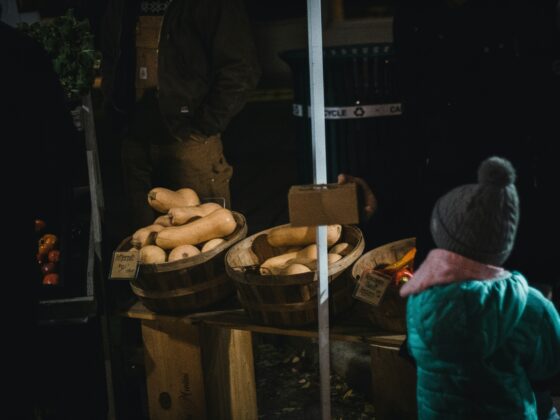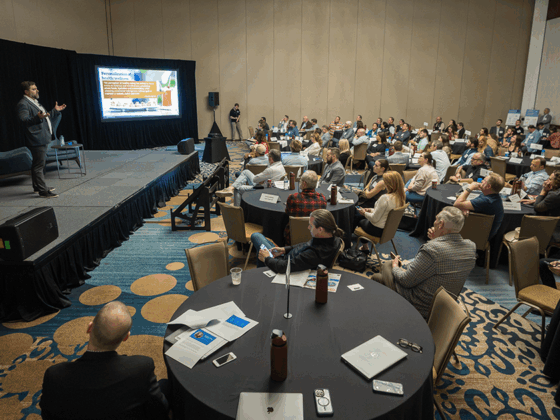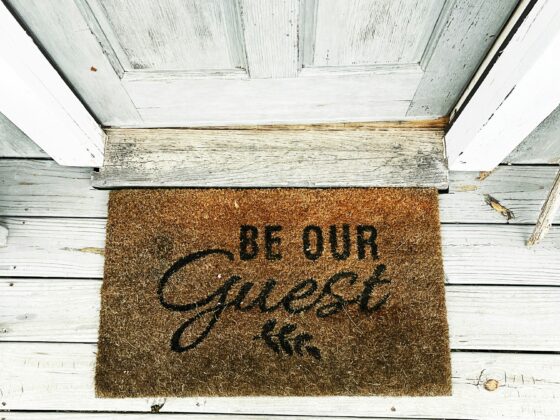
October 21, 2024
Blog
As we approach the final quarter of 2024, the digital marketing landscape continues to transform rapidly. Major platforms like Google, Meta, TikTok, LinkedIn, and Pinterest are introducing innovative features that are reshaping how brands connect with their audiences. These updates offer exciting opportunities for businesses, especially in the travel and hospitality industry, to enhance their marketing efforts, reach new customers, and improve engagement.
In this blog, we’ll explore the latest digital marketing trends from October 2024 and provide actionable insights on how hoteliers can leverage these innovations to stay ahead of the competition.
-
Google Ads: Add Image Extensions to Video Ads
Hoteliers can leverage Google Ads’ image extensions in YouTube campaigns to make their video ads more dynamic and visually appealing. By adding images, hotels can showcase additional features such as room interiors, amenities, or special offers, capturing attention faster. This combination of visuals and video provides more information upfront, increasing the chances of clicks and bookings. It’s especially effective for mobile users, where visual impact plays a significant role in driving action.
-
Meta: Utilize Click-to-Messenger for Direct Communication
Meta’s Click-to-Messenger format allows hoteliers to create ads on Facebook and Instagram that directly lead users into real-time conversations via Messenger. This feature is perfect for answering questions about bookings, amenities, or special deals. Hoteliers can use it to build stronger relationships, offer personalized services, and even handle inquiries related to group bookings or event reservations. This direct interaction improves customer trust and speeds up the decision-making process, increasing the likelihood of conversions.
-
TikTok: Create Interactive Campaigns
With TikTok’s expanded interactive ad formats, hoteliers can create fun, engaging campaigns that invite users to participate in branded challenges, interactive polls, or story-driven content. For example, hotels can host a branded challenge encouraging users to share their travel experiences at the property. This not only boosts engagement but also allows the hotel to reach a younger, more digitally savvy audience. Additionally, interactive content can create memorable connections, fostering brand loyalty and increasing the potential for viral success.
-
LinkedIn: Personalize Outreach to Corporate Clients
LinkedIn’s dynamic personalization for Sponsored Messages lets hoteliers create tailored outreach campaigns for corporate clients, targeting them based on their name, job title, or company. This is particularly useful for B2B marketing, where personalized messaging can significantly improve response rates for business conferences, corporate retreats, or company-wide travel deals. By addressing the specific needs of each client, hoteliers can increase engagement and secure lucrative group bookings or long-term corporate contracts.
-
Pinterest: Partner with Influencers for Authentic Content
Pinterest’s Idea Ads with paid partnerships allow hoteliers to collaborate with creators to produce visually stunning and authentic content that promotes their properties. By working with trusted influencers, hotels can tap into the power of organic storytelling, making ads feel less promotional and more relatable. For example, an influencer might share their experience staying at a luxury resort, showcasing the property’s unique features in a way that feels genuine. This boosts credibility and helps attract a more engaged audience.
October 2024 has brought exciting updates across major platforms that hoteliers can leverage to boost engagement, enhance personalization, and create more meaningful connections with their audience. From Google’s image extensions in YouTube ads to TikTok’s interactive ad formats, these innovations offer hoteliers new tools to capture attention and drive bookings. By adopting these trends, hotels can stay competitive, improve customer experiences, and achieve better results from their digital marketing strategies in the ever-evolving travel landscape.







